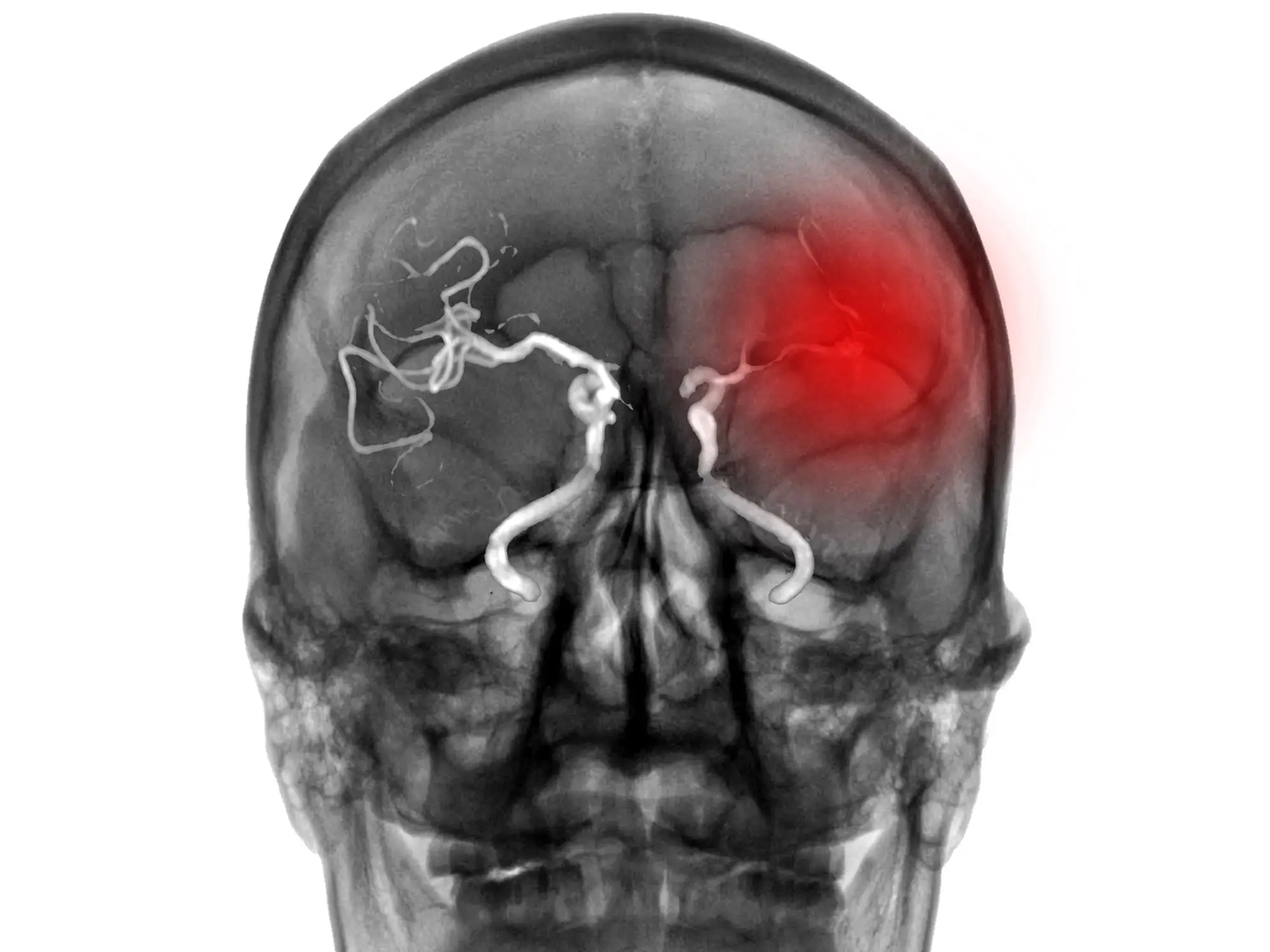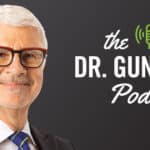Summary of Novel Proteins Offer Hope for Improved Stroke Recovery:
Scientists from Osaka University have identified two proteins that can reduce inflammation and promote neural growth in mice following ischemic stroke: R-spondin 3 (RSPO3) and LGR4. By injecting RSPO3 into mice brains 24 and 48 hours after stroke, the researchers observed reduced sensory and motor deficits, decreased pro-inflammatory factors, and increased neurite outgrowth. The study suggests that targeting the RSPO3/LGR4 signaling pathway could offer a promising avenue for developing new therapies for ischemic stroke and improving patient outcomes.
*****
Reducing Inflammation and Promoting Neural Growth for Improved Stroke Recovery
Ischemic stroke, caused by a blockage of blood flow to the brain, is a leading cause of death and disability worldwide. Currently, recovery from a stroke depends mainly on the timely injection of a blood clot-dissolving drug. However, new research from Osaka University suggests that two proteins, R-spondin 3 (RSPO3) and LGR4, can reduce inflammation and promote neural growth following ischemic stroke.
The Study: Injecting RSPO3 into the Brain of Mice After Stroke
Researchers from Osaka University injected RSPO3 into the brains of mice 24 and 48 hours after ischemic stroke. The researchers observed reduced sensory and motor deficits, decreased pro-inflammatory factors, and increased neurite outgrowth after administering RSPO3.
Dual Effect of RSPO3/LGR4 Signaling in Reducing Inflammation and Promoting Neurite Outgrowth
Previous studies showed that RSPO3 was beneficial in lung injuries caused by inflammation. The researchers discovered that RSPO3 also stimulates a signaling pathway called the ‘canonical Wnt pathway,’ promoting neurite outgrowth. The researchers localized RSPO3 in endothelial cells and LGR4 in microglia/macrophage cells and neurons in the ischemic brain, suggesting that RSPO3/LGR4 can reduce inflammation and promote neurite outgrowth.
Promising Lead for Developing New Therapies for Ischemic Stroke
The researchers found that RSPO3/LGR4 decreased the expression of TLR4, which is one of the proteins essential for inducing inflammation. The promising findings suggest that targeting RSPO3/LGR4 signaling pathway could offer a new route for designing and developing new therapies for ischemic stroke.
Conclusion
This study provides new hope for patients suffering from ischemic stroke, offering a novel pathway for developing new therapies. The finding that RSPO3/LGR4 can reduce inflammation and promote neurite outgrowth suggests that this signaling pathway may be a promising target for future drug development. While further research is needed to validate these findings in human subjects, this study is a good step toward improving stroke recovery outcomes.


